Community: The Secret to Stopping Deforestation in Guatemala
The forest concessions of the Maya Biosphere Reserve have boasted a near-zero deforestation rate for 20 years.
Home / Regions / Central America & Mexico / Page 6
Mexico and Central America are world leaders in granting land rights to local and indigenous people—a crucial step in protecting forests. But even with significant gains in rights, forest communities are facing threats from agricultural expansion, illegal loggers, and drug traffickers.
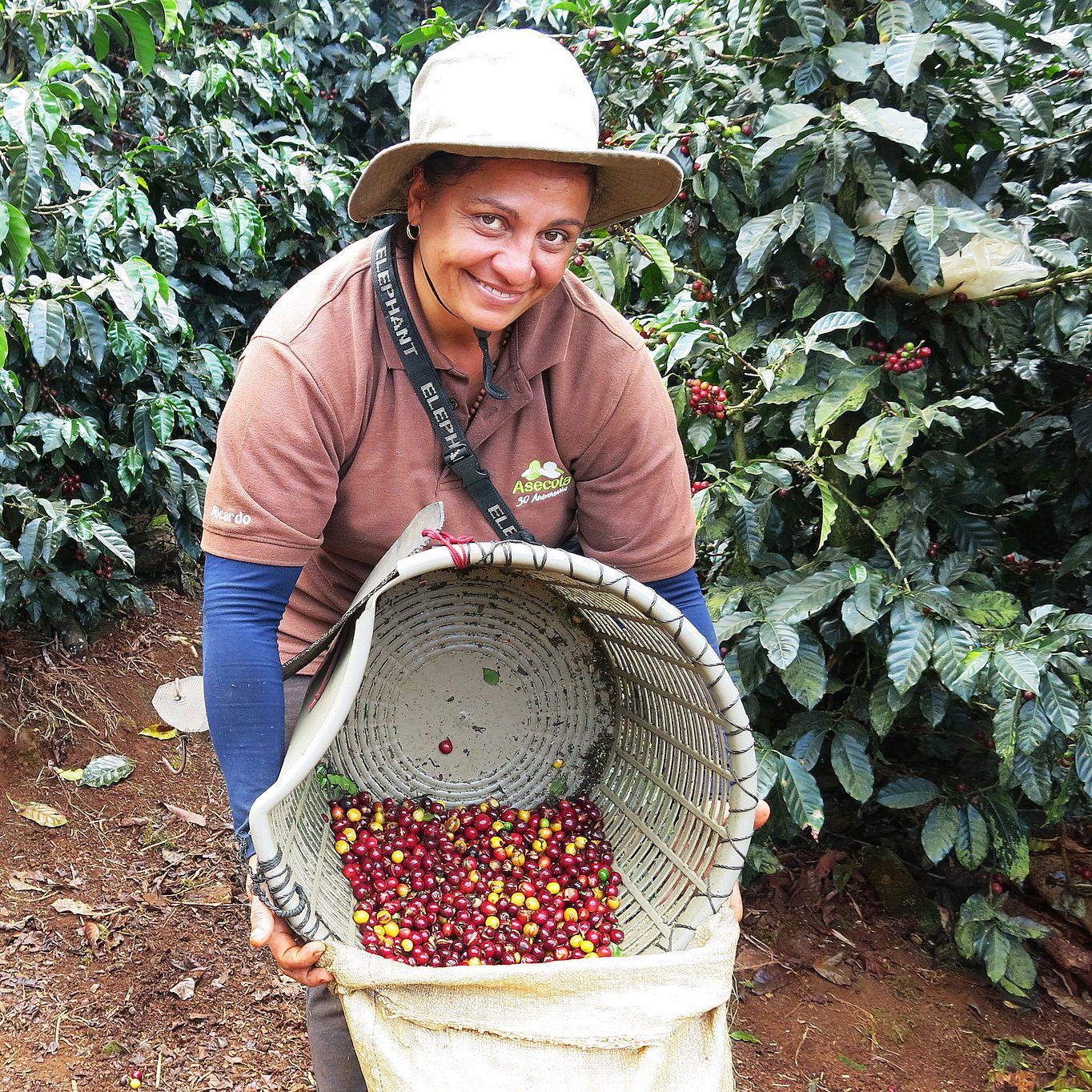
Farmers in Mexico and Central America are already dealing with the effects of climate change: shorter growing seasons, unpredictable rainfall, and a surge in plant diseases and pests. Crops like coffee and bananas could become rare delicacies in the future without bold climate action—but the livelihoods and well-being of farming communities are in jeopardy now.
Our impacts in Mexico and Central America are nothing short of stunning: In areas managed by our partner communities in Guatemala’s Maya Biosphere Reserve, for example, logging has remained at almost zero since 2001—remarkable given that adjacent areas suffer some of the worst deforestation rates in the Americas.
![]()
equivalent annual emissions of greenhouse gases removed from the atmosphere
We provided technical assistance to a group of coffee farmers in Oaxaca, Mexico, who launched an agroforestry project to remove 130,000 tons of greenhouse gas emissions (the annual emissions of 27,000 cars) from the atmosphere over 30 years through reforestation of degraded land.
![]()
have studied our environmental curriculum in Mexico and Guatemala
We not only provide training and curricula to teachers in southern Mexico and Guatemala, but we also help build local networks so educators can sustain this vital environmental education work in their communities for years to come.
In a region hard hit by climate change, the Rainforest Alliance focuses on advancing community forestry, sustainable agriculture, ecotourism, and environmental education to defend vulnerable landscapes and support rural communities.
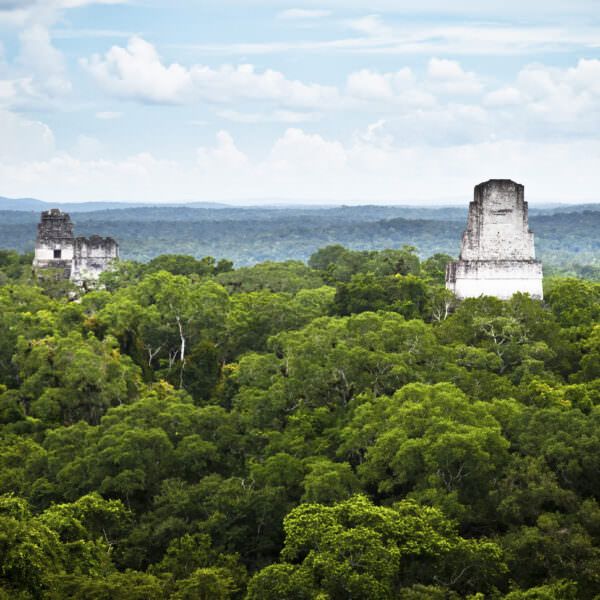
The forest concessions of the Maya Biosphere Reserve have boasted a near-zero deforestation rate for 20 years.
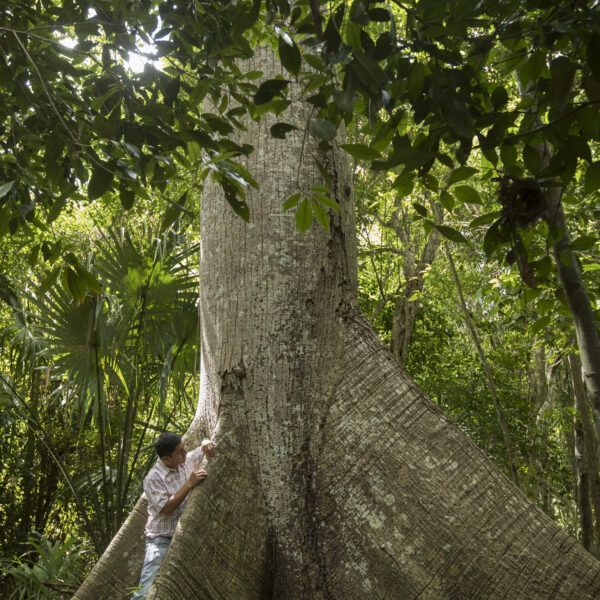
We are working to grow Mexico’s domestic market for sustainably produced products.
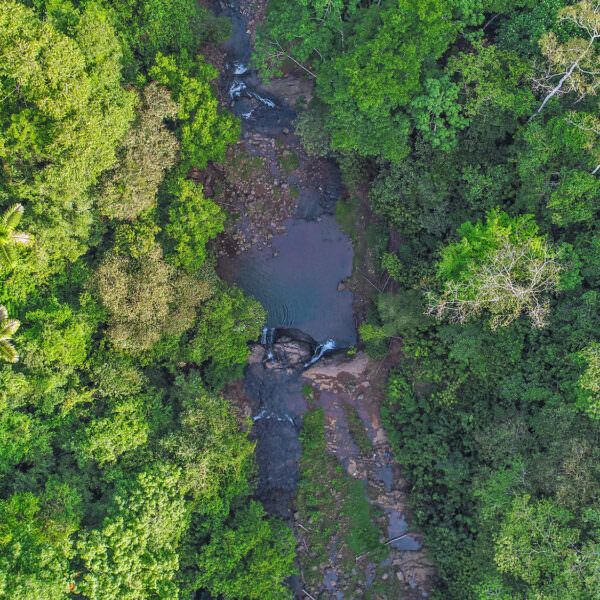
This farm doesn't just grow bananas–it's producing biodiversity, fresh air, and stronger soils.

Sustainably harvested wood is at the heart of this new business run by indigenous Maya women.

For rural, isolated communities in Guatemala, natural capital is the people’s greatest wealth. Since 1997, the Rainforest Alliance has worked with community forestry concessions to strengthen their organizational and technical capacity to manage natural resources in ways that protect and restore forests while developing successful businesses which offer a diverse set of high-value products and […]

The Rainforest Alliance develops Origin Issue Assessments (OIAs) as part of the JDE Common Grounds program. This OIA flags the following as pressing risks in the Honduran coffee sector: occupational health and safety, climate smart agriculture, and child labor. Coffee production in Honduras can be coupled to high-risk conditions since protective equipment when spraying agrochemicals […]

This policy is to provide interpretation of the requirements in the context of Costa Rica law and regulatory processes on the respective requirements for water extractions until the conditions are favorable to obtain the necessary documentation required for water extraction and use.

Where rural communities thrive, nature does too. Our vision for 2030 is that more than 3 million producers, workers, and their family members will live better—all by conserving and managing more than 25 million hectares through improved sustainable land management practices. Download this brochure to learn how we plan to achieve our goals for the […]
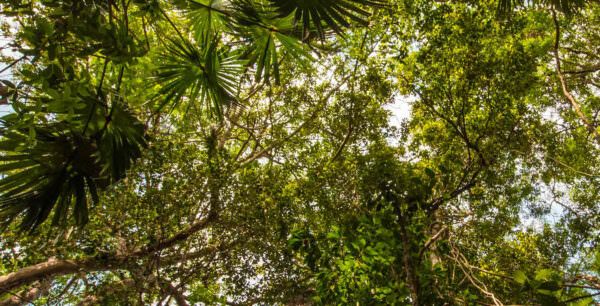
The Rainforest Alliance is pleased to announce two new Kleinhans Fellows for 2021. ... Continue Reading

A longtime participant in our programs in Guatemala met with Vice President Harris.... Continue Reading